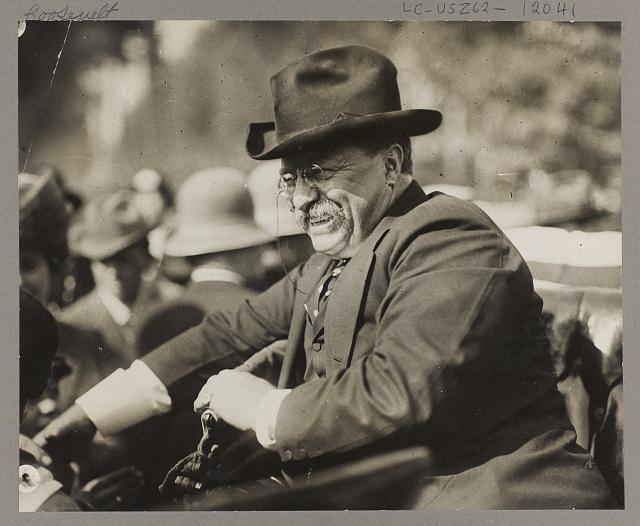The National Collegiate Athletic Association (NCAA) serves as the governing body for college athletics in the United States. Its establishment and subsequent development can be attributed to various influential figures throughout history. However, one individual stands out among the rest for his significant contributions to the formation of the NCAA – Theodore “Teddy” Roosevelt.
Early Life and Sports Background:
Before delving into Roosevelt’s role in the creation of the NCAA, it is important to understand his personal connection to sports. From a young age, Teddy Roosevelt was an avid sports enthusiast, demonstrating a passion for physical activity during his time at Harvard University. As captain of the football team, he experienced firsthand the challenges and controversies surrounding college sports during the late 19th century.
The Need for Reform:
At the turn of the 20th century, college athletics lacked a unified governing body, resulting in a chaotic and unsystematic environment. Many colleges had their own unique rules regarding eligibility, player safety, and competition, leading to rampant cheating, bribes, and a lack of standardized regulations. Recognizing the dire need for reform, Teddy Roosevelt, both as a fan and as President of the United States, took it upon himself to address these issues and bring about significant change.
The White House Summit:
In 1905, following a series of injuries and fatalities in college football, Roosevelt summoned representatives from Harvard, Yale, and Princeton to the White House. Roosevelt’s intention was to establish a meeting that would lead to the implementation of reforms and the formation of a governing body for college athletics. The result was the Intercollegiate Athletic Association of the United States (IAAUS), the precursor to the NCAA we know today.
Reforms and Standardization:
Teddy Roosevelt, armed with his influence and determination, pressed for significant reforms within college athletics. He advocated for the standardization of rules, implemented safety measures to protect players, and emphasized the importance of fair play and amateurism.
One of the most notable accomplishments during Roosevelt’s time was the introduction of the forward pass in college football, which revolutionized the game and made it safer for players. This innovation helped pave the way for a more strategic and dynamic style of play, attracting a wider audience to the sport.
Legacy and Continued Influence:
While Teddy Roosevelt’s direct involvement with the IAAUS was short-lived, his contributions laid a solid foundation for the organization’s future growth and development. The IAAUS evolved into the NCAA in 1910, expanding its jurisdiction beyond football to encompass all college sports.
The NCAA has since become an integral part of college athletics, overseeing various aspects such as eligibility, recruiting, championships, and enforcement of rules. The organization’s primary focus remains centered on student-athlete welfare, ensuring a balance between academics and athletics.
Teddy Roosevelt’s role in the creation of the NCAA cannot be overstated. His passion for sports, combined with his political influence and commitment to reform, led to the establishment of an organization that continues to shape the landscape of college athletics today. Through his efforts, Roosevelt brought about standardization, safety measures, and fair competition, setting the stage for the growth and success of the NCAA in years to come. As we enjoy college sports competitions, we owe a debt of gratitude to Teddy Roosevelt for his visionary leadership and enduring legacy.
